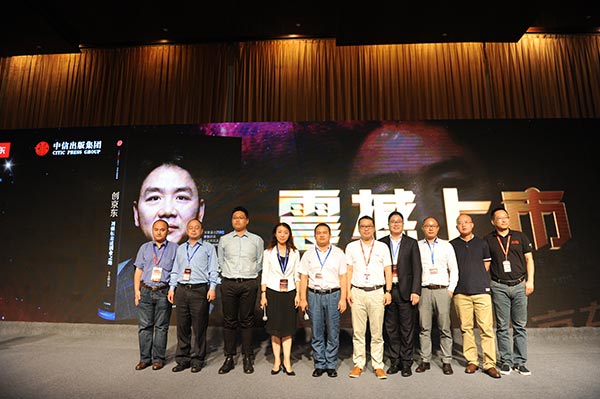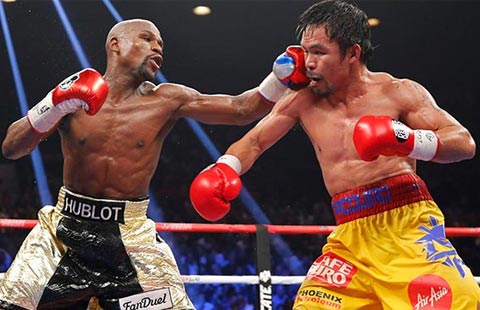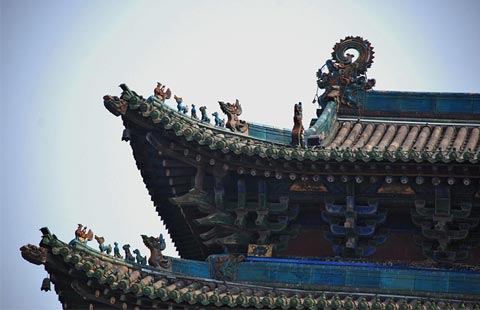A book that tells JD.com's success story, warts and all
By Xing Yi ( China Daily ) Updated: 2015-07-01 09:15:54
Liu insisted. He also went against the current when he decided in 2007 to abandon third-party logistics providers and instead compel the company to build its own networks-another move that proved successful.
"Liu is typically a dictator in determining strategy," says Li, who interviewed Liu for two hours every year since they first met in 2011.
"He believes rapidly developing startups' leaders must have absolute power. That's what he did in JD's early stage."
But the book is a profile of the company-not a biography of Liu.
Liu also writes about the lives and work of delivery people, teamwork among employees and investor confidence.
JD received its first venture capital from a Chinese company Capital Today in 2007, marking a period of rapid expansion. It moved beyond electronics to almost all daily items.
Li details how JD competes with other e-commerce retailers, such as Newegg, the US online retailer of computer hardware and software that entered the Chinese market in 2001, and online bookstore Dangdang.com.
Last year, JD began extending delivery networks into third-and fourth-tier cities.
Its May 2014 initial public offering on the US stock market generated $1.8 billion.
"Li's book tells how JD has become what it is," Liu writes in the preface.
"The story is one of thrills and joy, as well as doubts and failures. Li's only condition when he proposed the book was to include them all-wins and losses."
Related:
|
|
|
|
|
|
|
|























 Raymond Zhou:
Raymond Zhou: Pauline D Loh:
Pauline D Loh: Hot Pot
Hot Pot Eco China
Eco China China Dream
China Dream China Face
China Face





